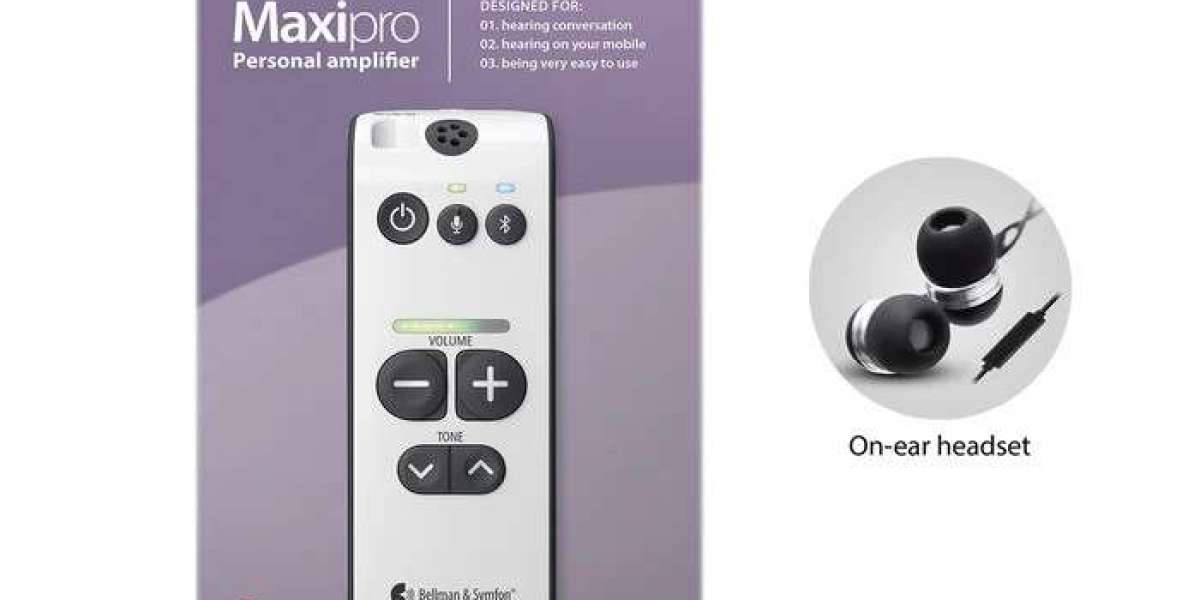If you or someone you know struggles with hearing difficulties, you've probably come across terms like hearing aids, hearing amplifiers, or personal sound amplifiers. While these terms seem interchangeable, they refer to different devices with distinct purposes. In this article, we'll focus on hearing amplifiers—what they are, how they work, their types, and other relevant information that can help you decide if they're the right choice for you or a loved one.
What Are Hearing Amplifiers?
Hearing amplifiers, also known as personal sound amplifiers (PSAPs), are devices designed to make sounds louder for the user. Unlike traditional hearing aids, which are medical devices prescribed explicitly for individuals with hearing loss, hearing amplifiers are often marketed as over-the-counter products meant for anyone who wants to boost their hearing ability in certain situations.
For example, amplified hearing might be used by someone with mild hearing difficulties to hear better conversations in noisy environments or by someone with normal hearing who wants to enhance sound while hunting or birdwatching.
How Do Hearing Amplifiers Work?
At their core, hearing amplifiers function by using a microphone to pick up sounds from the environment. These sounds are then processed and amplified through a built-in speaker. The amplified sound is delivered directly into the user's ear, making it easier to hear distant or faint noises.
Here's a basic breakdown of how a hearing amplifier works:
Sound Capture: The device's microphone picks up sound from the environment.
Sound Processing: The captured sound is processed by the amplifier's internal circuitry. This stage may involve basic filtering to reduce background noise.
Amplification: The processed sound is amplified to a louder level.
Output: The amplified sound is transmitted into the ear through a speaker, making it easier for the user to hear.
Unlike hearing aids, which can be finely tuned to a person's specific hearing loss profile, hearing amplifiers generally amplify all sounds uniformly. This broad amplification is why they are not recommended for individuals with significant hearing loss.
Types of Hearing Amplifiers
Hearing amplifiers come in several types, each with its features and benefits. Understanding the differences can help you choose the right one for your needs.








